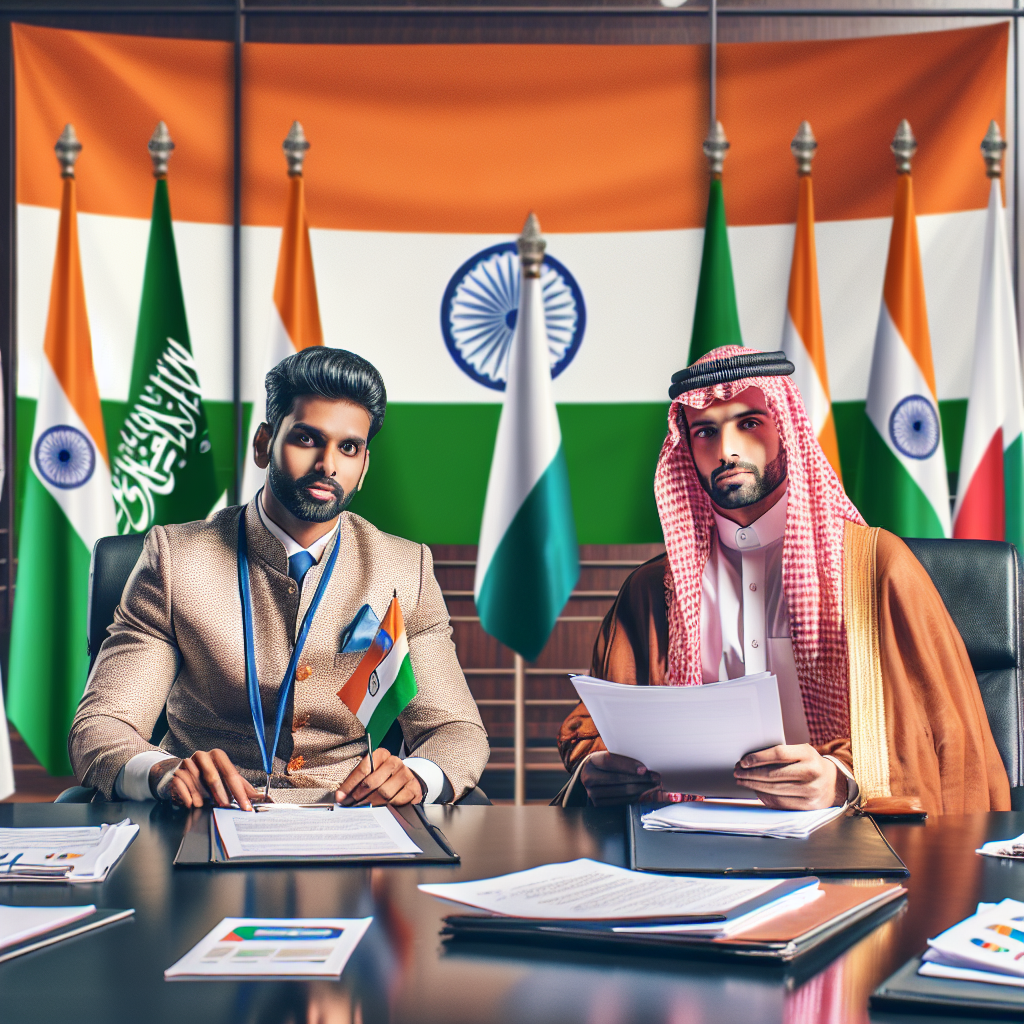Saudi Arabia's Vision 2030: Transformative Ambitions Amidst Global Challenges
Saudi Arabia is intensifying efforts to diversify its economy away from oil dependence, with massive investments in infrastructure, including the NEOM mega-city. The Future Investment Initiative highlights the Kingdom’s progress and challenges as it aims to increase foreign investment and develop non-oil sectors by 2030.

Saudi Arabia is amplifying its strategy to pivot away from oil dependency through a comprehensive economic overhaul, the finance minister announced at the Riyadh investor summit on Wednesday. Central to this venture is the NEOM mega-city project, part of the Vision 2030 initiative spearheaded by Crown Prince Mohammed bin Salman, which aims to bolster private sector growth and job creation.
At the Future Investment Initiative (FII), Finance Minister Mohammed Al Jadaan expressed satisfaction with Saudi Vision 2030's progress but emphasized the need for further action. The Public Investment Fund (PIF), a driving force of the transformation with global investments such as in Uber, now plans to focus more domestically, curtailing its overseas investments by one-third. However, meeting the 2030 FDI target still poses significant challenges.
With oil prices impacting government revenues, some Vision 2030 projects face potential delays or rescaling. Non-oil GDP now contributes significantly to the economy, presenting both hurdles and growth opportunities. The FII draws global financial leaders, including former U.S. officials, underscoring Saudi Arabia's ongoing efforts to secure international investment whilst acknowledging geopolitical concerns in the region.
(With inputs from agencies.)
ALSO READ
Māori Economy Surges to $126 Billion, Poised for Global Investment at Infrastructure Summit
Abu Dhabi: The Rising Global Investment Powerhouse
AfDB Strengthens Investment Ties with Angola to Boost Economic Diversification and Private Sector Growth
ADB President Supports Cambodia’s Sustainable Growth, Economic Diversification, and Youth Empowerment During Official Visit
China Courts Global Investment Amid Tensions at Beijing Summit










